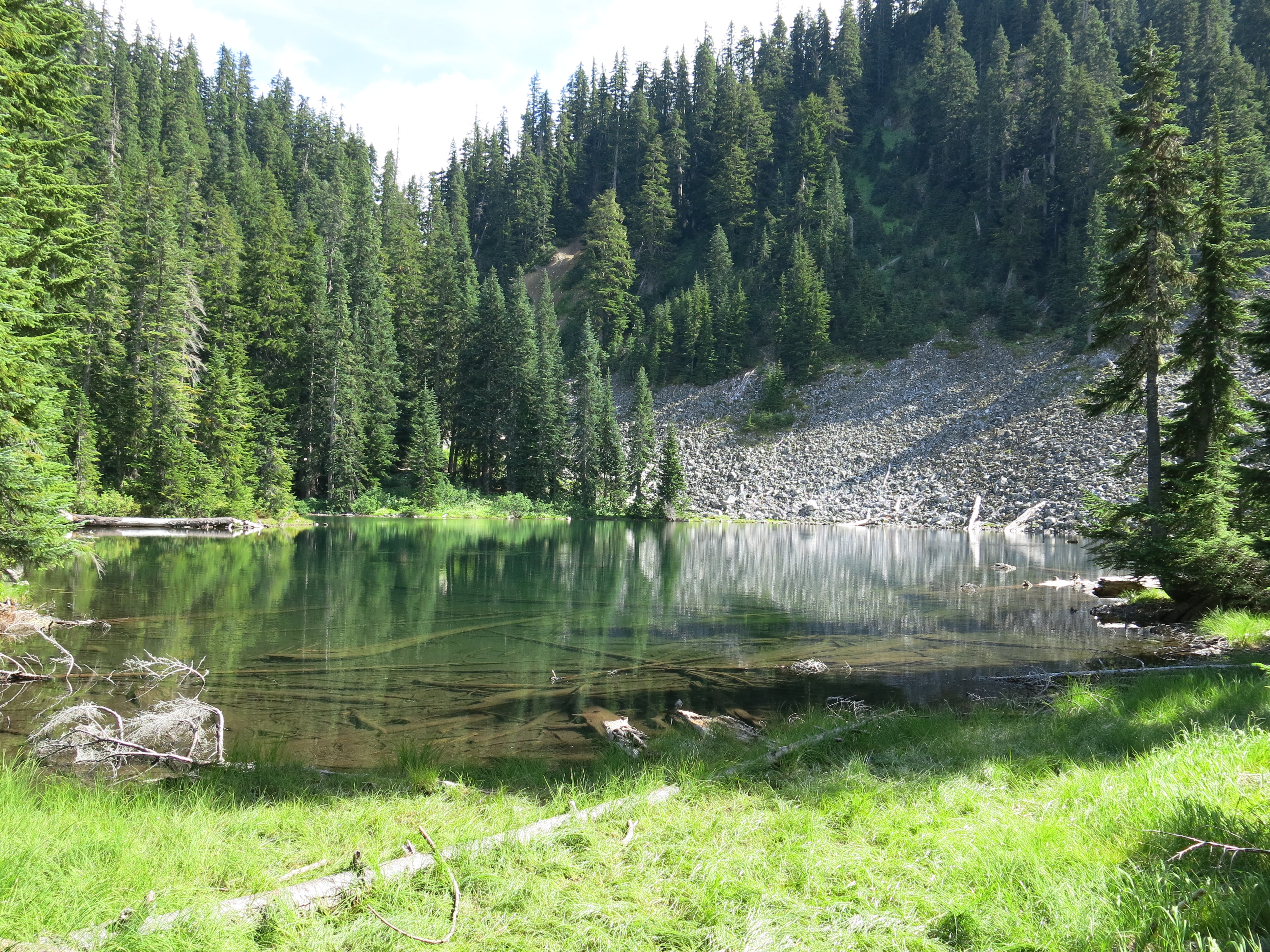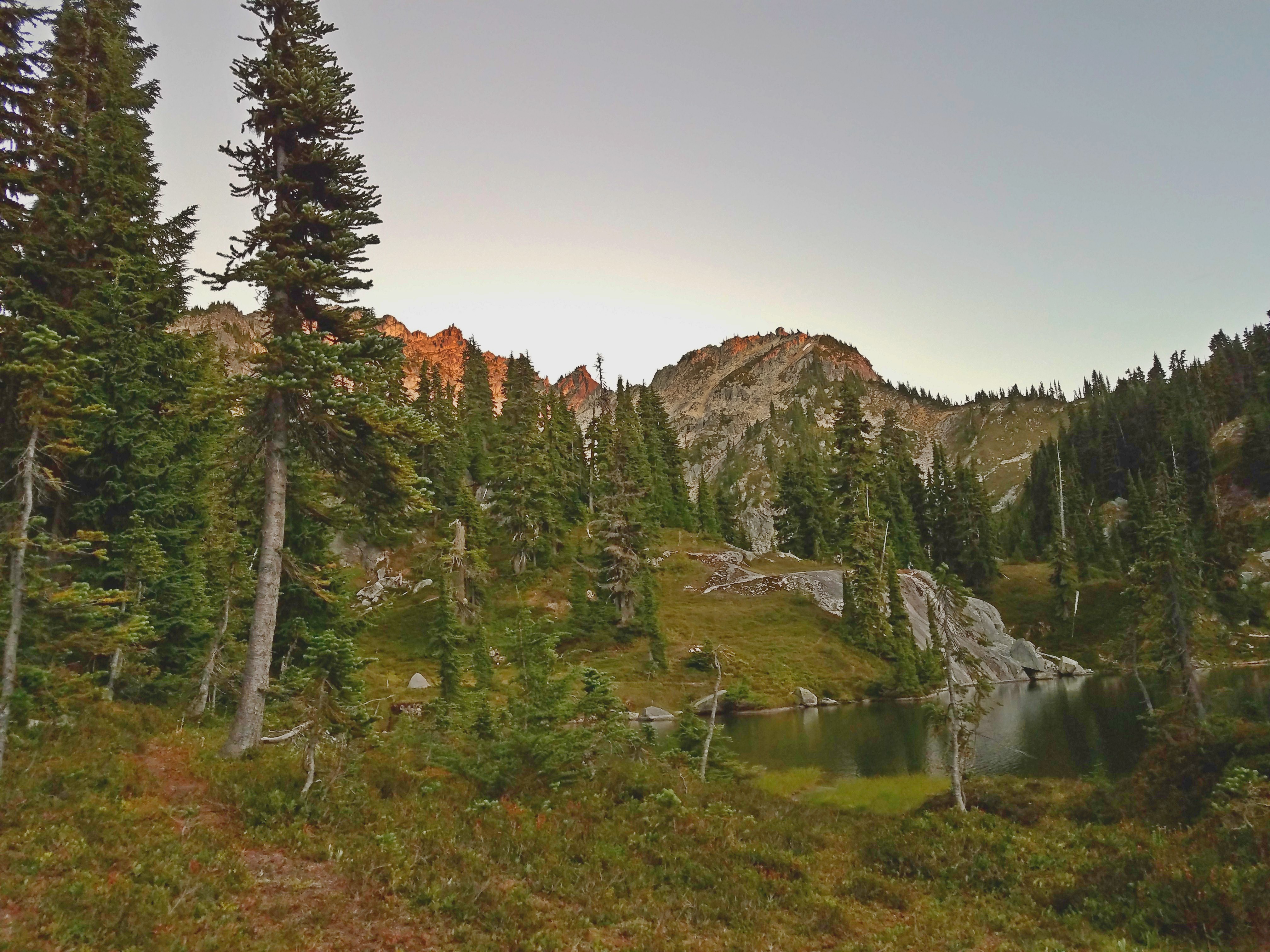Imaginative Realities
Cyber Security and Stray Thoughts
30 January 2021
Reflections for December
by Chris
Apologies for the scarcity of posts. Our family faced a number of challenges over the past few months, not least of which included getting me back into the job market. Its been a busy time, so here is a reflections post on some reading and hiking I’ve done since I last posted.
Books
Mr. Penumbra’s 24-Hour Bookstore by Robin Sloan (INCLUDES SPOILERS) - Based purely on the narrow perspective of the author’s talent for storytelling, one can be easily persuaded to like this book. The first half was uncomplicated and comfortable, easy to slip into like a pair of worn slippers. Sloan is skilled at conveying lots of atmosphere in straightforward writing, a remarkable talent. And it is one that I’m sure is not easy to acquire. As a testimony to that skill, I only realized about half way through the book that I didn’t know that much about the narrator. We learn nothing about his appearance or even all that much about his background.
Having said all of that, it is a bit bizarre to read this book in the context of 2020. It was created at a slightly more techno-optimistic point in U.S. history (early 2010s). Though the author wasn’t exactly paying homage to technology in writing this book, its one of the paradoxes of reading Mr. Penumbra’s 24-Hour Bookstore in 2020 that Sloan writes through ideas that seem remote and abstracted from the challenges we face now. Sloan is clearly grappling with the growing pains of digitization and mass internet communications. The threat digitization and internet search pose to “knowledge,” particularly that of textual media since the advent of the printing-press, drive the story. Sloan’s dramatic exploration of this idea is fine as far as it goes, but it is a meditation that seems almost quaint by the standards of trolling, context-collapse, surveillance capitalism, and the anti-trust debates roiling our headlines today. Sloan made a book which set out to explore tech’s challenges, which somehow ended up, in the short run anyway, to be unrealistically optimistic by today’s standards.
In the second half of the book I began to flag a bit, though the story moved reasonably well. If there is a theme to this post it is on conclusions: the conclusion here let Sloan down. Near the end the storytelling grew comfortless. Spoiler - the main characters set up their own consultancy straddling the tech and textual worlds as a somewhat “happy ending.” This felt rather pat and gave a feeling not of the possibilities opened by the first half of the book – for example of the awe and wonder upon visiting the bookstore – but rather of a “successful,” though entirely routine, life specific to the tech industry in San Francisco. I wonder if the author sensed, even at the time of writing, that a fully-fledged employment for the protagonists in the tech industry might have seemed like a bridge too far. Consultancy seems a bit of a hedge, as thought the protagonists could obtain a successful “happy ending” in tech without its liabilities as freelancers.
Regardless, in the context of 2020 there is something a tad absurd about viewing consultants to the big tech firms as “successful” at a socio-cultural level, even if their success economically aligns with “the American dream.” As I say, its a curious ending as I’m left wondering how that fictional aspiration might sit with Americans today (or even in 2014). Sure it sounds good, but how accessible was/is it? Regardless, following a secret sect of bookmakers was diverting for a time.
The Seven Deaths of Evelyn Hardcastle by Stuart Turton - Whew, this book reeled me in like an unsuspecting catfish. The hook of this book – an amnesiac man, lost in a forest, stained with blood – was totally enveloping from page one. Its a difficult book to distill without spoilers because you dive into a realistic but fantastical world and intricate narrative structure straight away. One way to start is on the familiar tropes. It is a murder mystery. It is a British great house-style murder mystery, though it doesn’t gloss over violence or cruelty. The familiar territory ends there, as it also has elements of fantasy. But it doesn’t read like a typical fantasy novel. Fantasy meets big-house murder mystery, with a hard-nosed social eye and violence to boot.
Piranesi by Susanna Clarke - This was a wonderful, though too short, work. I’m especially drawn to scifi and fantasy works whose main character identifies as part of a group that is often disregarded or derided. Ka by John Crowley leaps to mind as an example, and an underrated book at that. Crowley’s protagonist – a crow – belongs to a species that is generally ignored by humans at best and actively persecuted at worst. In a similar way in Piranesi the protagonist’s humility and disinclination to “progress” (i.e. modernity understood narrowly as a denaturalizing cultural logic) is a point departure as well as a fascinating socio-psychological space to explore. Even Piranesi’s speech seems antiquated somehow; if I wrote the way Piranesi talks when I was academia, I’m sure I would have heard about how fusty my writing was from everyone on my committee. Its a delight however to hear it in an otherworldly character.
The ending, which I won’t spoil, was a bit of a letdown. It had none of the wonder of the house, and the questions as to Piranesi’s identity were not as mysterious as in the first 2/3rds of the book. Its loose ends are tied up in an exciting though routine conclusion. Its confrontation with a human evil takes us to a scale which is relatively humdrum compared to the world Clarke creates inside the house. With the house’s setting so suggestive of our history and natural environment it was an oversight not to have tied the ordinary human story back into its stakes for a more powerful ending which spoke to our own place in reality or the universe. Between this work, The Seven Deaths of Evelyn Hardcastle, and Mr. Penumbra’s 24-Hour Bookstore, I’m left with vague inklings of desolation when it comes to sticking the landing that is a book ending.
The Silence by Don Delillo - I’m showing up tardy to Delillo’s work. Never read White Noise, and true to my character I started on a diagonal path to introduce myself to his works. In 2016 I picked up Zero K and I became an instant fan. I haven’t read many books more than once, but I’m mulling over putting Zero K on my list which includes Gabriel García Márquez (100 Years of Solitude), Antonio di Benedetto (Zama; thoughts to come), and Cormac McCarthy (The Crossing). A throwaway line from a New York Times review sums up the talent of his writing: “He wants to tell us not just what-is, but how it feels, and it’s this ability to transcribe the moment’s emotion that constitutes his genius.”
I probably don’t need to add anything more on his talent, but I can’t resist saying that he’s gifted at integrating complex ideas into otherwise natural sounding conversations or character progressions. That said, I find it difficult to say much about this book. That is because it is really short: 117 pages. It touches on a number of ideas, one of the most fascinating of which is that the end of technology is a kind of cultural death, but really this seems to peter out before it gets going. And while the idea is interesting, I don’t buy the premise without some explaining because plenty of people are not dependent upon technology and it is too totalizing to equate the vastness of cultural practices with as single domain of human action such as technology. However the idea did get me thinking about the extent to which social media is an American cultural phenomena.
Hikes
Back in calmer times, I completed a monster (for me anyway) hike from Steven’s Pass out to Chain Lakes. This was my first time hiking in the Steven’s Pass area of the Alpine Lakes Wilderness. What can I say? Believe the hype. Starting at Steven’s Pass I hiked about 10 miles and 3,900 feet along the PCT to Josephine Lake, and from there along the Icicle Creek Trail to the Chain Lakes Spur. Beyond Josephine lake the trail dropped into a small and overgrown valley which had the occasional vale of wildflowers but for the most part was not much to look at. From there the grade on the spur trail up to Chain Lakes was formidable.
 The section on the PCT was delightful, and mostly easy going. Lake Susan Jane was a lovely stop, and probably my favorite lake of the trip. I think what I liked most was that it was an accessible pocket lake, nestled up into the mountains. Didn’t hurt that the light was terrific when I got there, dragon flies lazily buzzing my spot and fish nipping at the surface. A delight.
The section on the PCT was delightful, and mostly easy going. Lake Susan Jane was a lovely stop, and probably my favorite lake of the trip. I think what I liked most was that it was an accessible pocket lake, nestled up into the mountains. Didn’t hurt that the light was terrific when I got there, dragon flies lazily buzzing my spot and fish nipping at the surface. A delight.
 By the time I reached chain lakes, I was so tired that I didn’t really explore much for photos in the afternoon. Unfortunately, the next morning I woke up in a cloud. Because my schedule was tight I had to leave before the mist lifted. So all I have of the chain lakes in sun are some snaps from my phone while I was eating dinner:
By the time I reached chain lakes, I was so tired that I didn’t really explore much for photos in the afternoon. Unfortunately, the next morning I woke up in a cloud. Because my schedule was tight I had to leave before the mist lifted. So all I have of the chain lakes in sun are some snaps from my phone while I was eating dinner:
